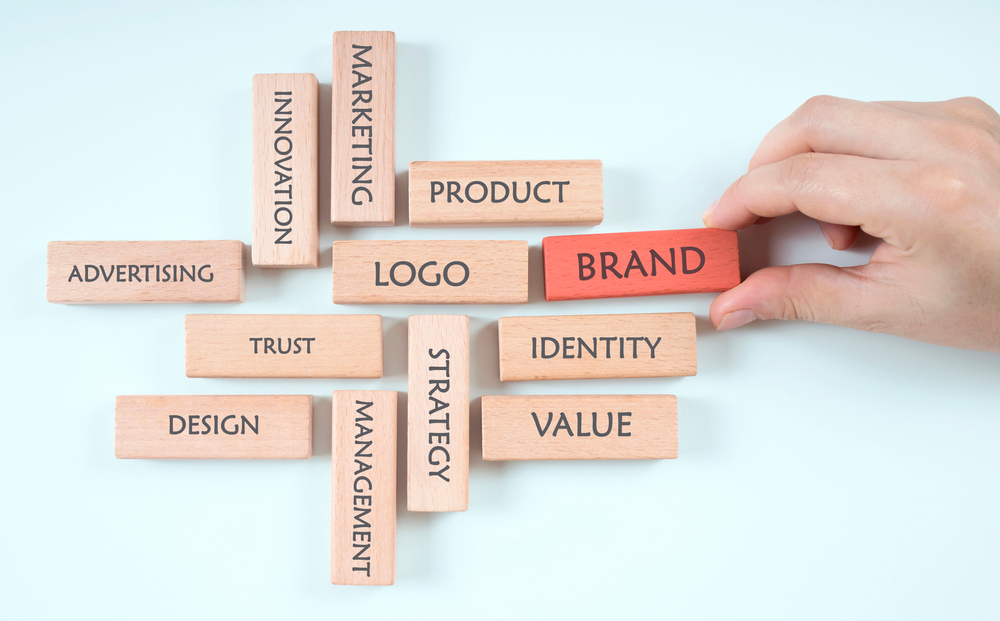 Trust, reputation and a unique value proposition. These are often touted as the hallmarks of brand equity. In this article, executive coach, leadership & talent strategist, and founder / managing director of People Shop in Cape Town, Chantal Kading, seeks to elucidate some of the strategies professionals use to build their equity.
Trust, reputation and a unique value proposition. These are often touted as the hallmarks of brand equity. In this article, executive coach, leadership & talent strategist, and founder / managing director of People Shop in Cape Town, Chantal Kading, seeks to elucidate some of the strategies professionals use to build their equity.
As a strategy for success, building brand equity used to be something that was mostly reserved for big business. However, in today’s highly connected landscape where everyone is essentially their own brand, nurturing equity has become essential for success whether you’re an entrepreneur, freelancer, employer or employee.
1. Uncovering your brand’s DNA
The great philosopher Confucius once said “symbols and signs rule the world, not words nor laws”. In the business world, a brand is not just a logo but a symbol that encompasses the identity, personality, values, emotional connection and reputation associated with an entity which has the power to shape perceptions and ultimately influence people’s decisions.
As an individual, defining your professional brand identity begins with uncovering what sets you apart from others in your field; your unique strengths, skills and value proposition. These will form the foundation and guide the professional mission statement reflecting who are and what you stand for.
2. Build Consistency & Trust
Consistency is the bedrock of reputation because it can establish and affirm the collective perception or reputation that others have formed about you as an individual. This makes consistency and reputation essential for a long-term strategy for success. Showing consistency by maintaining the same desirable behaviour, attitudes, quality of work or standards over time can build a positive reputation, and in turn, the brand equity derived from that positive reputation reinforces the importance of maintaining consistency and upholding the reputation.
One of the benefits of a good reputation is that it may serve as a shield or buffer during missteps or setbacks that would otherwise erode trust if it weren’t for the demonstrated authenticity, reliability and integrity characteristic of a good reputation. Inconsistency erodes trust and goodwill, making people less forgiving which may damage one’s ability to recover from mistakes and secure long-term success.
3. Showcase Social Proof
While building consistency and trust is essential for successfully personal branding offline, it can also help you build a strong network and digital presence online. Sharing endorsements, awards and your participation at conferences or networking events prominently on your online platforms, may provide social proof by validating your skills and further enhancing your reputation.
It’s important to note that your online presence should be supplemental, as it’s ultimately your offline interactions that contribute to your overall brand perception. Online platforms like LinkedIn also provide a great way to showcase your personal brand’s ability to adapt and evolve by showcasing your certifications and the evolution of your skills and knowledge in line with industry trends and changes over time.
In summary, building trust, a good reputation, and quality value proposition is a long-term endeavour for individuals and businesses alike. It requires strategic planning driven by the brand’s DNA or value proposition, consistent effort to create a positive feedback loop with consistency driving the reputation and the reputation encouraging more consistency to uphold the brand, and finally, showcasing social proof to supplement your offline personal brand and drive genuine engagements.























